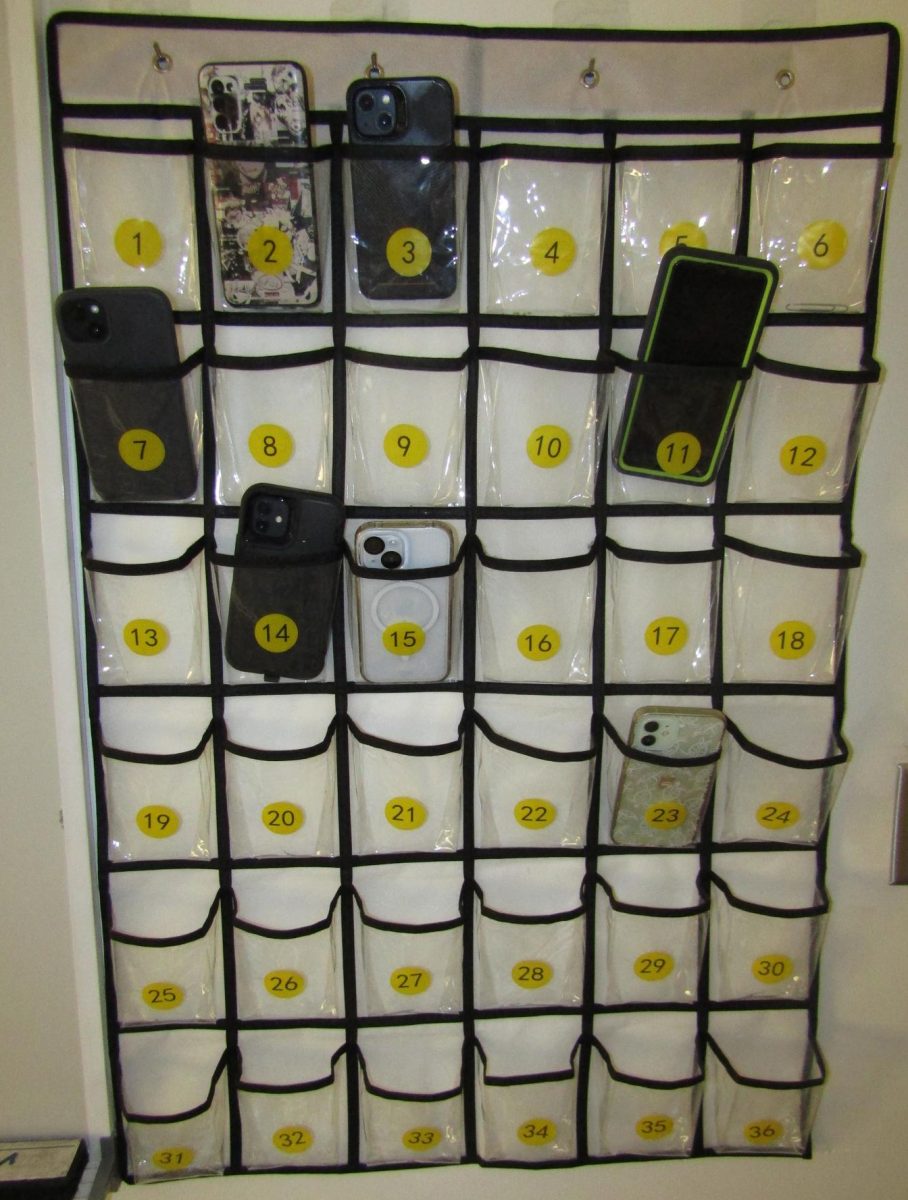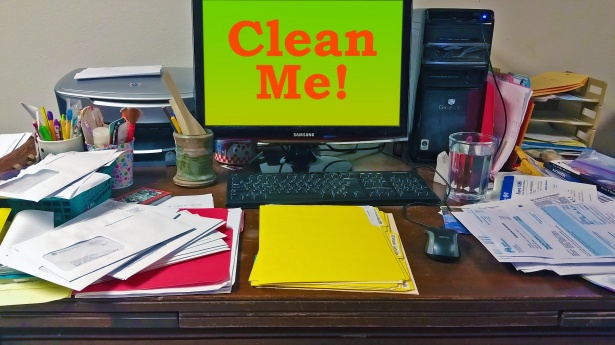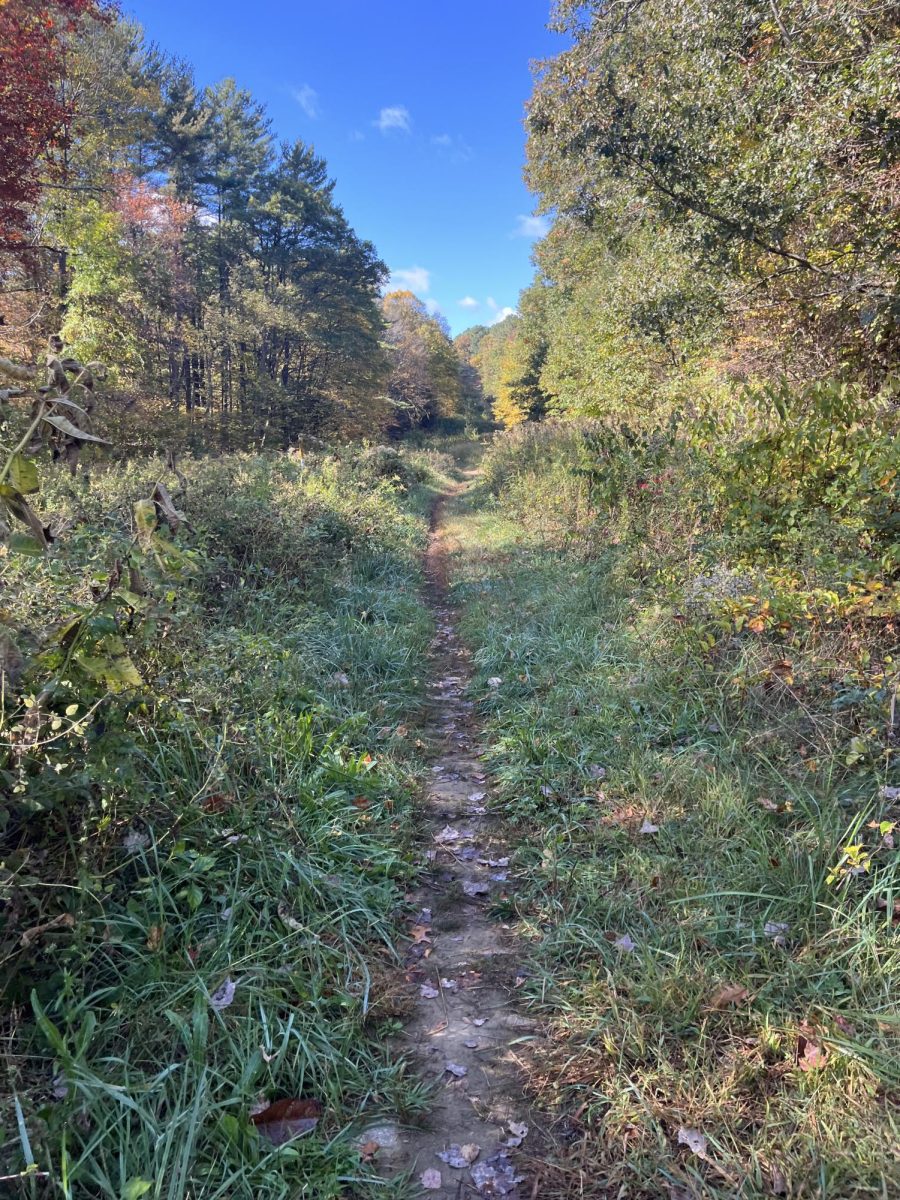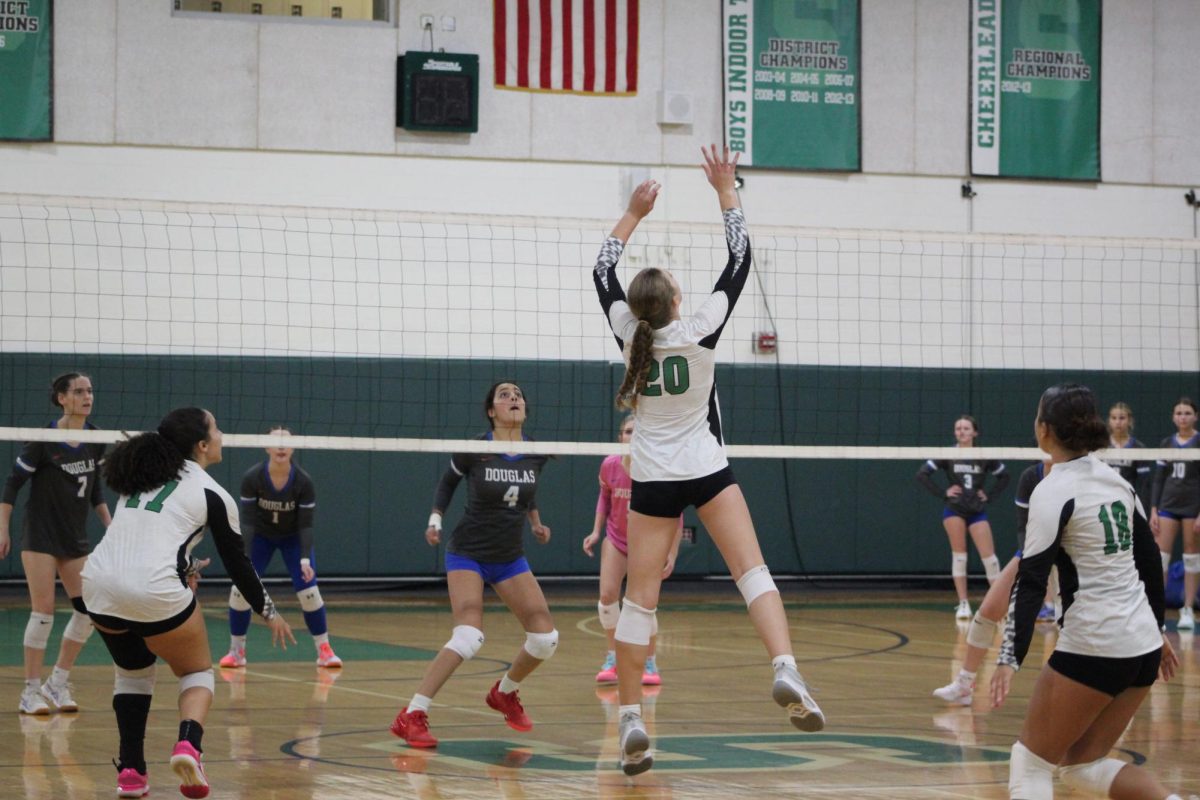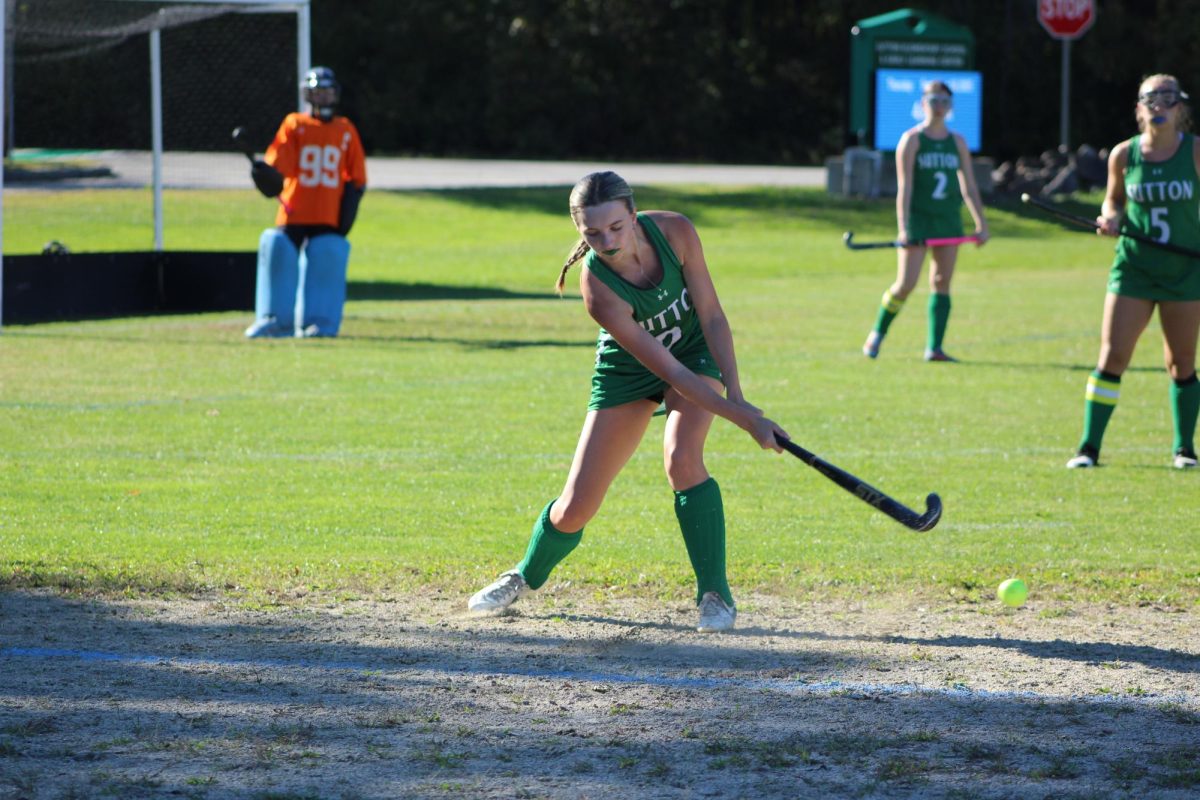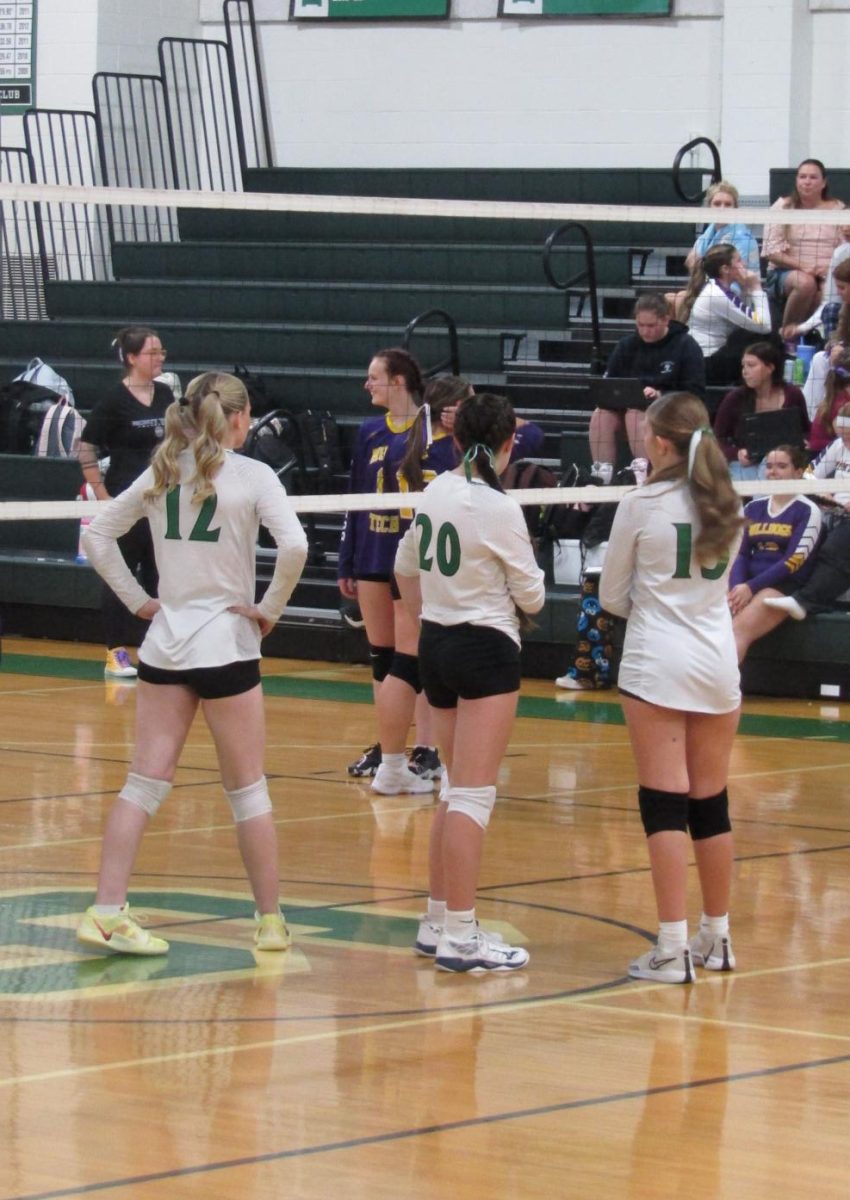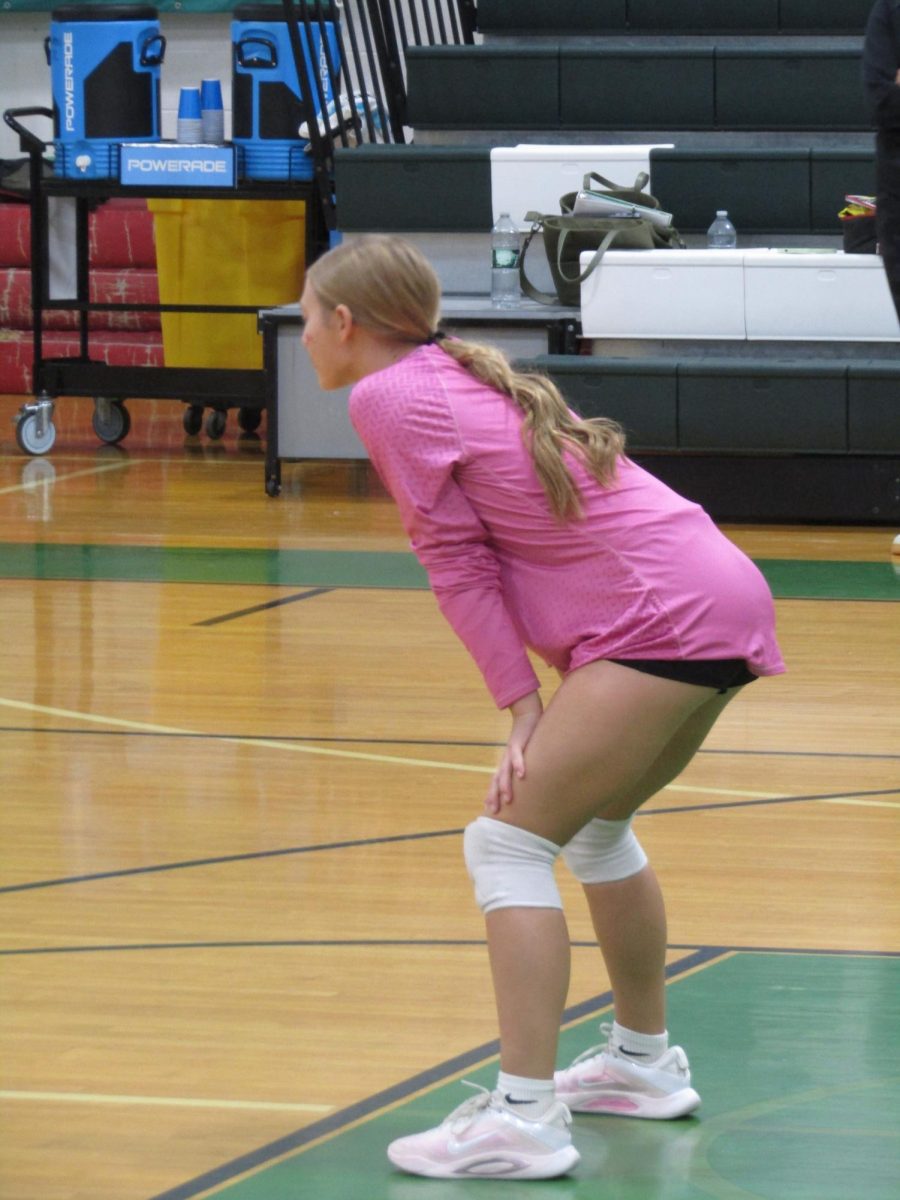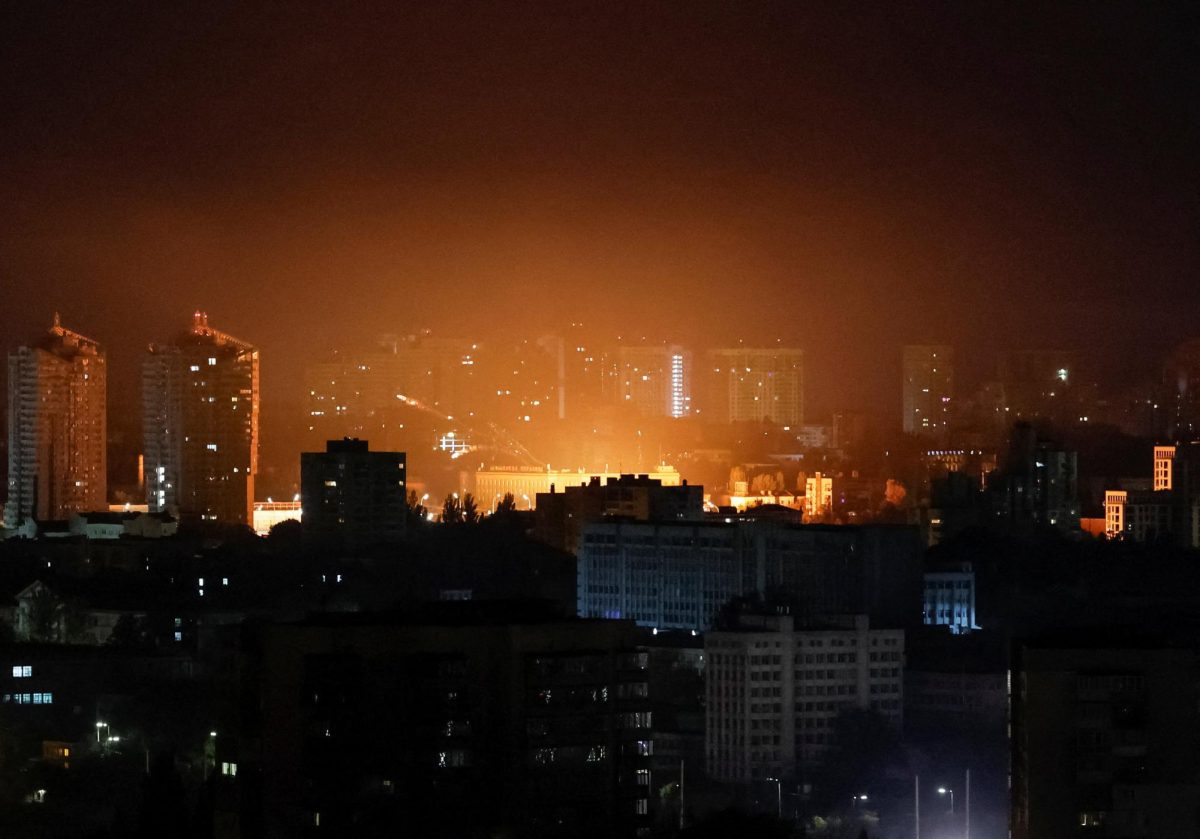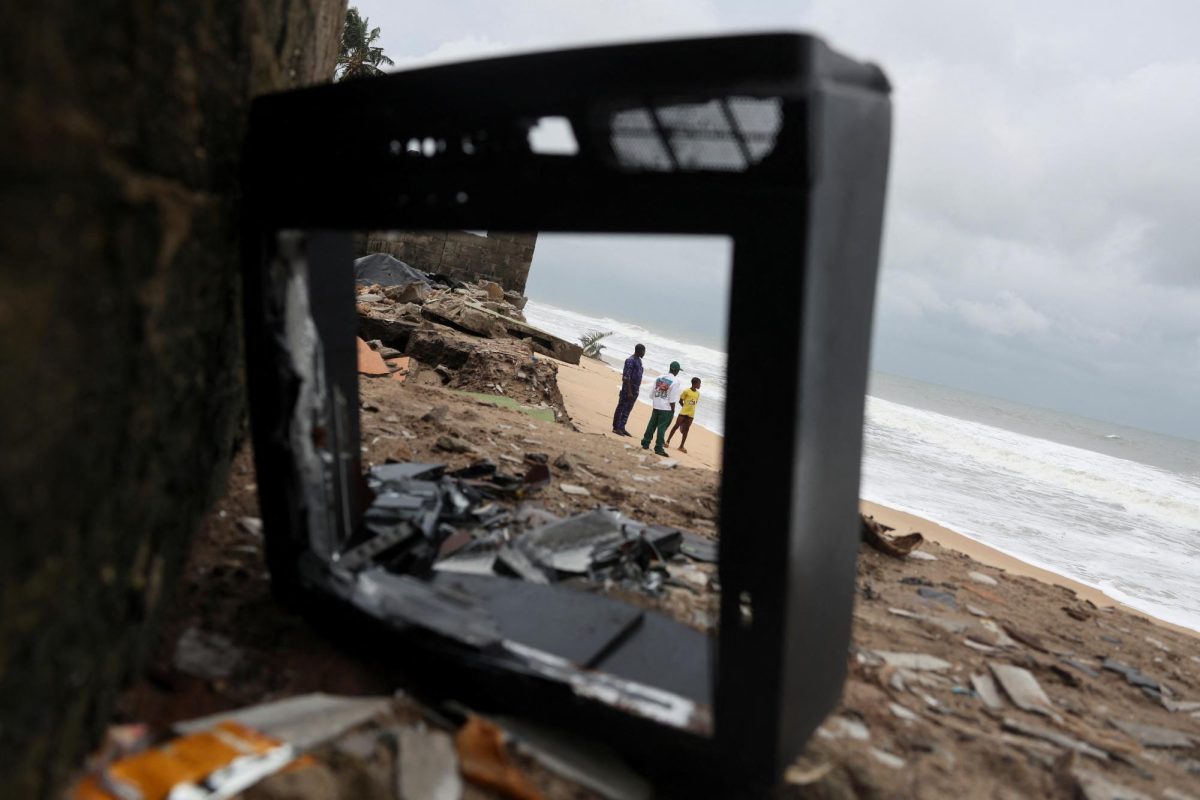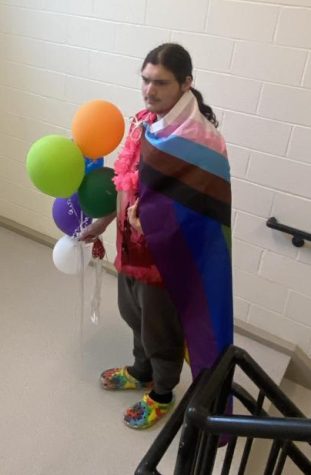Guns In School: Training Our Staff
Are school faculty/staff getting enough training for emergency situations?
June 9, 2023
It’s no secret that school shootings are an ongoing issue in America. As of June first, there have been 28 school shootings in the USA in 2023. That’s more than every other country in the world combined. It’s part of the reality of living in our country, so we need to be prepared for it.
Training is vital in order to ready ourselves for the inevitability of these tragic events. Programs, such as ALICE (Alert, Lockdown, Inform, Counter, Evacuate), provide rules and processes in order to maximize chances of survival.
While these programs are better than nothing, they’re also far from perfect.
Simply put, once an active shooter is in a school building, no amount of training can prevent a determined shooter from taking lives. It’s horrible to say, but these programs are designed to minimize deaths, not eliminate them.
I spoke to Sutton Memorial High School principal, Mr. Ted McCarthy, about some of the training that we go through here at Sutton; “There’s a district safety team that consists of myself, the superintendent, principals from the other schools.
“During February break, Mr. Liporto, Ms. Corron, the superintendent, and myself attended a day long training with FEMA (Federal Emergency Management Agency). FEMA goes out and trains first responders who work to protect schools. They trained the school team as well as Chief Belsito, and Officer Bertone.”
He also told me a bit about the ALICE training that our faculty/staff went through a few years ago, “We went over what goes into ALICE, and then some of the certified ALICE trainers at the Sutton Police department came through and tested our response ability, such as barricading doors.”
He also explained that, with ALICE, your response to an event is more fluid and dependent on outside factors. If there is an active shooter in one wing of the school, and you are in the opposite wing, you’re going to take that opportunity to escape. However, if the shooting is occurring in the same wing as you, you’ll likely barricade your classroom and try to weather the storm inside your room.
As far as training our students, Mr. McCarthy said that we will be brainstorming for different events soon. He gave a couple examples, such as if you notice a strange man while passing classes, and it will be our responsibility, as a class, to come up with an appropriate response for the situation.
Mr. McCarthy also explained why he believes we aren’t doing enough to train for school shootings. “We need to do a better job at it. The last person to die in a school fire was in 1958, and we have fire drills, mandated by law, three times a year. The last person to die in a school shooting was last week, and we have no requirements for that. It’s something that we should be preparing ourselves for, since, statistically, you’re much more likely to die in a school shooting than a school fire.”
I was also given the opportunity to speak to the Sutton Middle School Principal, Ms. Anne Corron. She’s currently in her second year as principal, so her perspective on training is very valuable to understanding what goes into training staff and students against school shootings.
“[During the FEMA training,] they went through how to plan for an emergency, what your safety plans should look like and what your emergency response plans should look like, as well as building safety. The big thing here is propped doors.
“There’s agencies that will come in on a random day and observe. They’ll see if the doors are propped, if the classroom doors are propped open or locked. They gave us some resources at this [FEMA] training, which is great.”
I also asked her, as someone new to the administrator space, what issues stood out to her that seemed to stand out less to people with more experience.
“For me, it’s the unknown, and constantly having my guard up… I haven’t encountered anything that’s surprising yet because I’ve been teaching for a long time, and being in the school environment you see a lot of different things. Being on this end of it, the unknown is the most unnerving thing to me.”
It’s undeniable that schools across the country go through preparation in order to ready faculty/staff and students for the unthinkable, but we’ve been shown time and again that all their training may not be enough.
What needs to be done to solve the crisis of school shootings in America?




